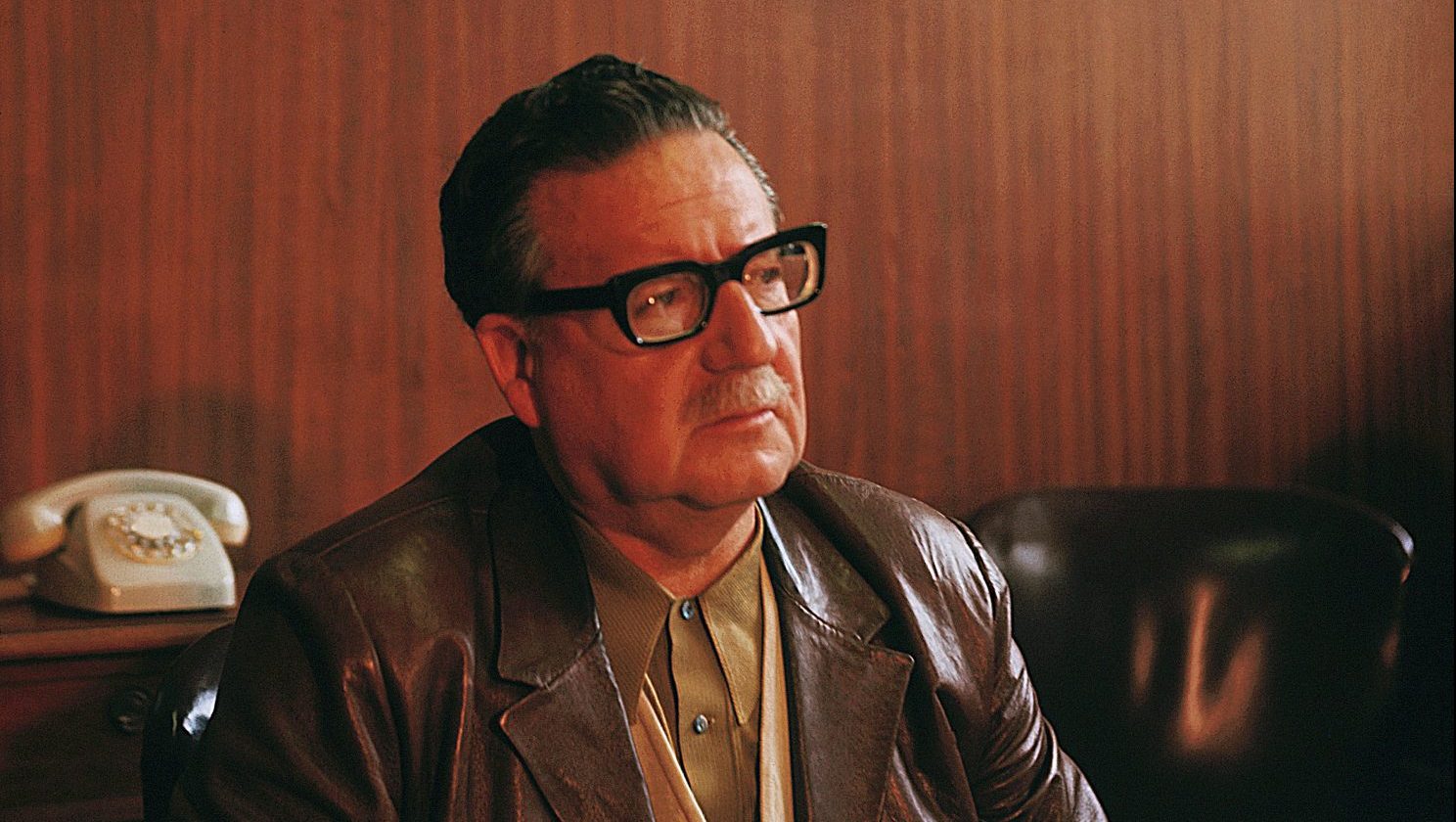Everything Will Swallow You, by Tom Cox (Swift Press)
Two devoted friends and housemates hike through the fields and undergrowth of west Dorset, discussing Iggy Pop, “insurrectionary deer” and the variable potency of dhansak.
Eric is a late middle-aged salesman of vinyl and other curiosities, a 21st-century “hunter-gatherer”. Carl, padding along beside him, is a Longtail Cast-On, much-admired for his beauty and temperament by dog lovers that the pair encounter on their hikes or at car boot sales.
There is, of course, no such canine breed as the Longtail Cast-On – a knitting term picked by Eric, in honour of his companion’s most cherished hobby. Carl also loves gardening, the novels of Daphne du Maurier, “Dolly Parton, husbandry, obscure historical facts, snorkelling.” What kind of creature might he be?
Every new book by Tom Cox is a treat, and this, his third novel, confirms his stature as one of our very best authors. No less than Cox himself (who also writes a fine newsletter), Eric is obsessed by music. In the 1970s, we learn, he played in a band called Witch Fuzz Magic – not to be confused with Prestigious Woodland Village or Pudding Lane and “their still largely neglected Plague Prevention Committee LP”. Musical genres tumble through the pages of the novel – notably “slightlydelic pop” and ”gangster folk” – and the DJ at one party calls himself the “Weymouth Unabomber”.
Cox has long been a laureate of the rural landscape, its mysteries and its folkloric magic: what the late Mark Fisher called “the weird and the eerie”. Every landmark is “an arrow, a direct line into the fathoms of history.”
Carl is visited, intermittently and in particular locations, by consuming visions of the past. These haunting passages reminded me of Peter Ackroyd’s observation in 1993 that “[w]e must not think of time as some continually flowing stream moving in one direction. Think of it more as a lava flow from some unknown source of fire.” In similar spirit, Cox writes of “the craftsmanship of time”.
Everything Will Swallow You is populated by a busy cast of characters – friends, lovers, eccentrics and a fitness-conscious crow – seeking to make sense of life’s crooked path and to find a way, as one of them reflects, of “surrounding yourself with all that was positive and curious and erudite”.
It is a very funny, very moving novel. To borrow the words Eric writes to Carl, it is a soulful exploration of “all the limitations that come from being mortal, and all the magic that results from that.”
FILM
Honey Don’t! (selected cinemas)
Ethan Coen’s second directorial outing without his brother Joel is a companion piece to last year’s Drive-Away Dolls – once again starring Margaret Qualley, and co-written with his wife, Tricia Cooke.
In this second instalment of a planned “lesbian trilogy”, Qualley is terrific as private investigator Honey O’Donoghue, a cinematic apparition from classic film noir, who dresses like a character from the pages of Raymond Chandler, drives a vintage Chevrolet SS and still uses a Rolodex.
Most of her work in Bakersfield, California, involves routine investigations of infidelity. But the suspicious death of a prospective client in a car crash leads her to the Four Way Temple, a cult-like church where the spectacularly sleazy Pastor Drew Devlin (Chris Evans, as far from Captain America as you can imagine) preys on his female parishioners and, Honey soon suspects, is engaged in other nefarious activity.
Brushing off the crude passes of male cops, she falls instead for their fellow officer MG Falcone (Aubrey Plaza): mercurial, fascinating, secretive. Meanwhile, Honey frets about her missing niece Corinne (Talia Ryder) and the return of her estranged father (Kale Browne).
All of which adds up to a very entertaining mash-up of B-movie tropes and Coen wistfulness, with plenty of twisty action and scuffed Americana along the way.
STREAMING
The Paper (Sky Max/Now TV)
First broadcast in 2001, the original UK version of The Office was the greatest sitcom of its era, propelling Ricky Gervais to stardom, redefining the mockumentary genre, and inspiring a nine-season US version featuring Steve Carell.
Almost a quarter century later, The Paper – a spin-off of the American Office – feels almost nostalgic in its portrayal of a workplace culture that was wrecked by Covid and the subsequent normalisation of working from home. The Dunder Mifflin paper company has been sold off to a larger corporation, Enervate – which also owns The Toledo Truth Teller, a once-great city newspaper now churning out “garbage clickbait nonsense” (“You Won’t Believe How Much Ben Affleck Tipped His Limo Driver”).
Domhnall Gleeson is excellent as Ned Sampson, the newly appointed editor-in-chief who wants to restore the paper to its former glories and persuades some of the company’s staff – mostly novices – to volunteer their time as reporters.
Though a fan of Superman, Ned says he identifies with Clark Kent whose work is “much more noble and much more achievable”. He is endearingly excitable about stories: “It’s a coded letter from the killer! Oh no – it’s Sudoku”.
The most promising of his new employees is compositor Mare Pritti (Chelsea Frei) a veteran and former reporter for the US Army paper Stars and Stripes, who tells the documentary team in a deadpan voice: “AI’ll never replace me”. Sabrina Impacciatore is the hilariously operatic Esmeralda Grand, who tries to wreck Ned’s prospects by circulating an email on his first day insisting pre-emptively that he is innocent of any #MeToo allegations (“Me didn’t!” he protests. “Me couldn’t!”)
Best of all, perhaps, is Tim Key – whose performance in The Ballad of Wallis Island made it one of the summer’s most enjoyable movies – as Ken, the perpetually scheming British head of strategy (he supported Brexit). His often surreal asides are consistently funny throughout the ten episodes (“Scrunchie? No harm in it”).
Oscar Núñez returns as Oscar Martínez from the US Office, as does showrunner Greg Daniels. Gervais and Stephen Merchant maintain their supervisory role as executive producers. Deservedly, a second season is already in the works.
FILM
Paul & Paulette Take a Bath (selected cinemas)
Jethro Massey’s debut feature does not fit snugly into any cinematic category – though its lyricism reminded me of Joanna Hogg’s The Souvenir (2019) and Richard Linklater’s Before… trilogy (1995-2013). In Paris, Paul (Jérémie Galiana) is a failing American photographer, stuck in a boring office job – and occasionally sleeping with his boss Valerie (Laurence Vaissiere).
He is soon captivated by the bohemian, sharp-tongued Paulette (Marie Benati), who is visiting the precise location of Marie Antoinette’s execution. “There is an abyss in every one of us, but we don’t dare to look,” she says. “When you reach into that abyss, it’s good to have someone to hold your hand.”
Hands clasped, they establish an intimacy that is profound, romantic and probably toxic. She loves Marilyn, Elvis and the young Stalin, but keeps much of her past under lock and key (“That’s not something we talk about”). Her theatrically exasperates him: “You’re always putting on a show, aren’t you? Must be exhausting”.
At the heart of this luminous movie is a universal question: where, exactly, lies the border between besotted fascination and true love? Massey and his lead performers are rising talents to watch.
BOOK
A Scandal in Königsberg 1835-1842, by Christopher Clark (Allen Lane)
Those familiar with Christopher Clark’s magnificent accounts of the origins of World War I, The Sleepwalkers (2012) and of the uprisings of 1848, Revolutionary Spring (2019) will not be surprised by the brilliance of this shorter, more tightly focused work. For those new to the work of Clark – Regius Professor of History of Cambridge – this will be a delightful entry point to his scholarship.
His subject is an eruption in the mid-1830s of religious controversy and moral panic in the Baltic city of Königsberg in Prussia – modern-day Kaliningrad – which was famed as the home of Immanuel Kant (1724-1804) and, as the historian puts it, “still bathed in the amber glow of the late Enlightenment”.
Yet, as we know from our own era, the flame of the Enlightenment often gutters – as it did when two Lutheran pastors, Johannes Ebel (1785-1861) and Georg Diestel (1785-1854) were alleged to have founded a cult in which extramarital sex was considered permissible if “sanctified” by a charismatic leader.
Ebel, in particular, was targeted as a degenerate and predator by the Prussian authorities which were seeking to maintain moral order through a unified Protestant church. Women in his congregation were even said to have died from “sexual exhaustion”.
By the time of this “small vortex of turbulence”, troublesome mystics, revolutionary millenarians and free-spirited religious dissidents had been part of the warp and weft of German society for centuries. Though many such leaders had indeed been sexually promiscuous and polygamous, the charges in this case cannot be taken at face value: as Clark notes, jealousy, social anxiety, and outright mendacity all played their part.
In a single, strange episode, he writes, we catch “one rather dark… glimpse of the historical conditions in which the idea of an exclusively liberal and rational public sphere was born” – and may observe many symmetries with our own times. An exquisite work of micro-history that deserves its place on the shelf beside such classics as Carlo Ginzburg’s The Cheese and the Worms (1976) and Natalie Zemon Davis’s The Return of Martin Guerre (1983).




